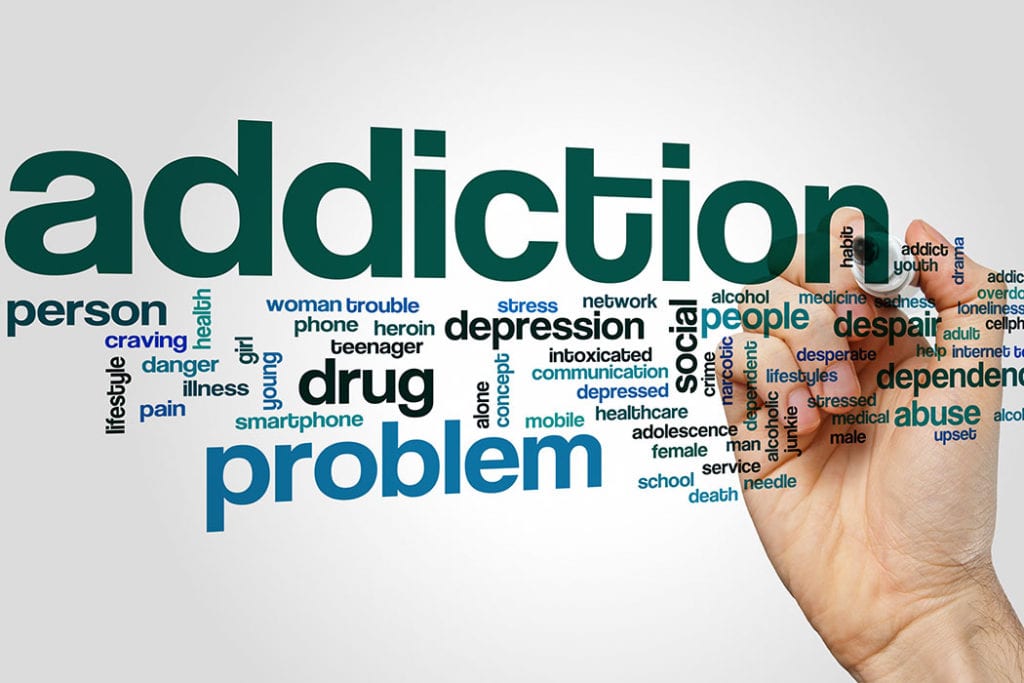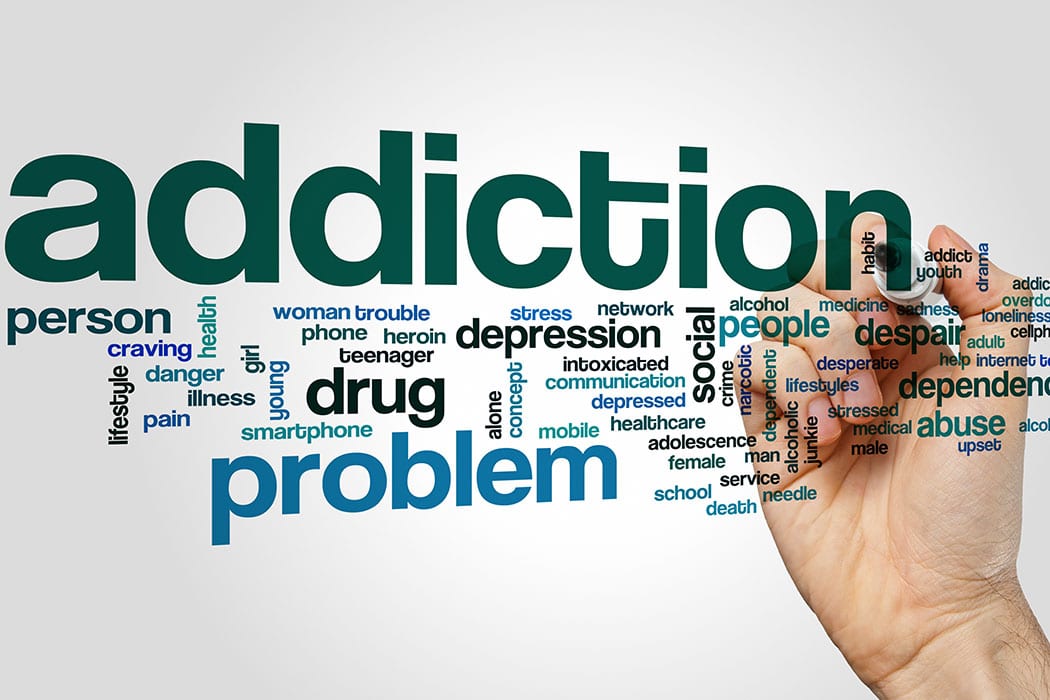
Addiction does not only have a lasting effect on the person with the substance abuse problem. The effects of addiction can tear a family apart, causing many different issues and difficulties in communication and everyday living.
Everyone in the family will need to get counseling or some type of help in order to keep the family together and healthy. For more information about rehabilitation centers and help for the family, click here.
Here are 10 ways addiction affects the entire family.
- Emotional Trauma
Drinking and drug abuse can cause mood swings which can cause an emotional hardship in others in the family, especially children. They do not know what is going on or why their parent is always so mad or upset, and it feels as if they are the problem.
Talking down, insulting, yelling, and/or physical tantrums are all forms of emotional abuse. Your partner may know it is not you, but the addiction, but the children don’t know. Getting help would be the best gift you can give your children and yourself.
- Cheating
When you feel isolated and think that your partner doesn’t understand you, you may seek the affections from someone or somewhere else. This might include the Internet sex, pornography, office romances, and simply anyone that may show you some attention and affection you are not getting at home.
- Financial Issues
Dependence takes a lot of money, and this can cause tension and anger within a family. Suddenly there isn’t enough money for the basics like rent or the mortgage, food, and general necessities. There are never enough funds for any type of extras like pizza, movies or things the children want to do like sports or friend’s birthday parties.
As the dependence grows, so does the money issues because you are spending more and more currency to chase the “high” that is never enough. You may also be hiding purchases and overdue bills from your partner. You may also steal money from your partner and/or children. This can lead to confusion and anger and is never a good idea.
- Jealousy
You as the addict could become jealous of the people in your life that seem to have everything “together”. Your partner could become jealous of the time and energy you spend towards your habit and the same could be said for children.
Addiction takes you away from the people who love you the most. Even if you are not physically cheating on your family, having a substance abuse is like cheating because whatever it is, is taking you away from them.
Jealousy can lead to all different types of bad behavior including violence.
- Health Risks
You may not care that you are putting your own health at risk by abusing drugs or alcohol, but there are people in your home that don’t have a choice. When you smoke, the risk to others in the household of secondhand smoke is greater.
When you are under the influence, your judgement is impaired and that leads to violence and neglect of those you love, especially the children. You may not realize this, but children who are neglected suffer just as much or more than those that experience physical or mental abuse.
- Repeating Patterns
Choosing substance abuse over a healthier, or “normal” lifestyle sets up a pattern that can show your family what is more important than them. Your partner and children have a higher likelihood to become addicts after witnessing your behavior.
- Violence
Addiction changes your mood and perspective. You may lash out when you don’t really mean to at the people you love the most. Drinking and drug abuse is a vicious cycle and when you can’t feed your habit, you will become angry.
Your partner and children may also become violent when they don’t know what is going on or can’t control their feelings about your behavior.
Violence can lead to having your family leave or taken away faster than if they only need to deal with your substance dependence. If the police are called to your home, you may end up in jail and your children in protective custody of the state.
- Inconsistency
This could be in your parenting style or with your partner. Substance abuse alters your perception, one moment you might be fine with someone else’s behavior and the next, it is not to be tolerated.
Inconsistency when it comes to parenting can set your child up for resentment and anger towards you and all adults. You may be there for a family dinner or event one night and not the next. Children need consistency and to know they can count on you, when you are an addict, they can’t count on anything from you.
- Family Roles
When a parent is a substance abuse, the roles of the parent and child can become reversed. Suddenly an older child feels as if the need to take care of the parent and everyone else.
The role of surrogate parent is typically the eldest child. The younger children become peacemakers or scapegoats, both roles are no better than what their elder sibling is going through.
Children that become the parent grow up too fast and develop many issues of their own. They are less trusting, can become angry and self-destructive, and end up abusing drugs and/or alcohol as well.
- Respect
When you abuse drugs and/or alcohol, you become unreliable. When your family can’t count on you, they lose all respect for you. You can no longer tell anyone in your family what to do or how to do something.
Losing your family’s respect is probably the most devastating of all the side effects to substance abuse and addiction. Even if you weren’t the “leader” of the family, your place as a member is in jeopardy.
If you or a loved one has a substance abuse problem, seek help for them and yourself. There are many different outlets for both the addict and the family of someone who has a dependence on unhealthy substances.
